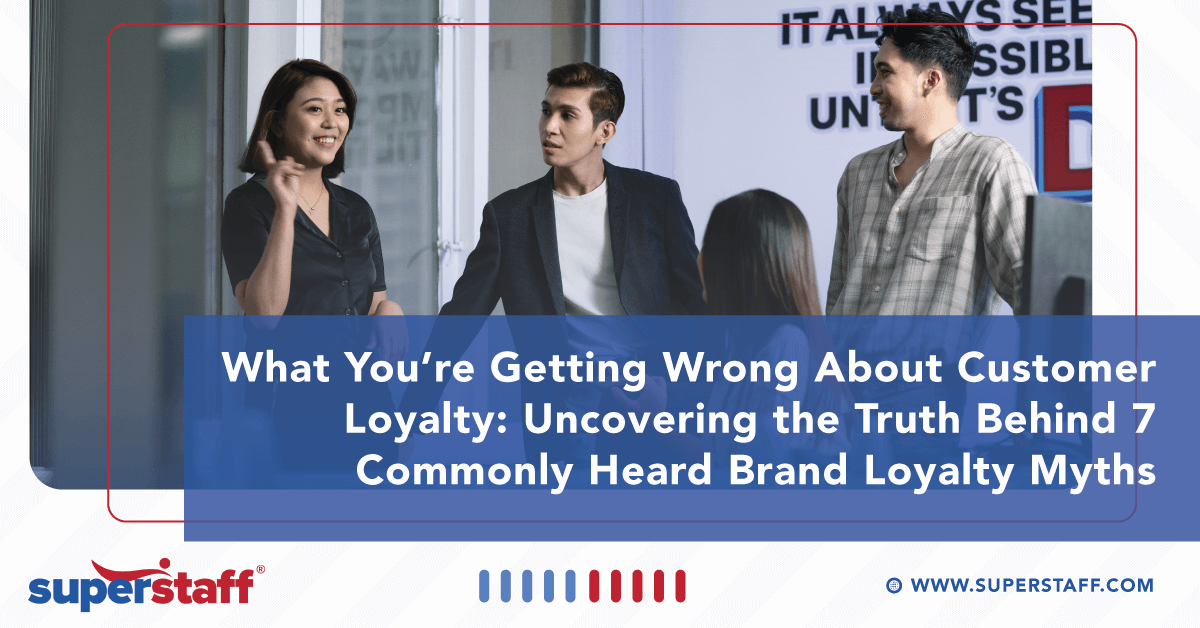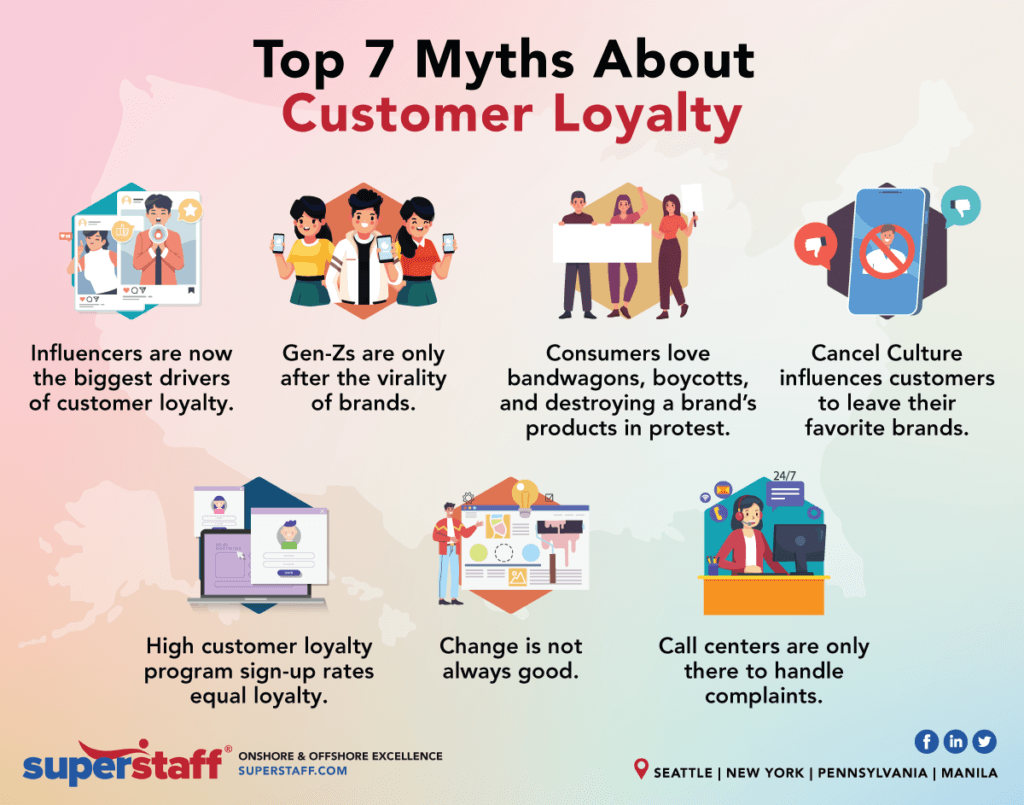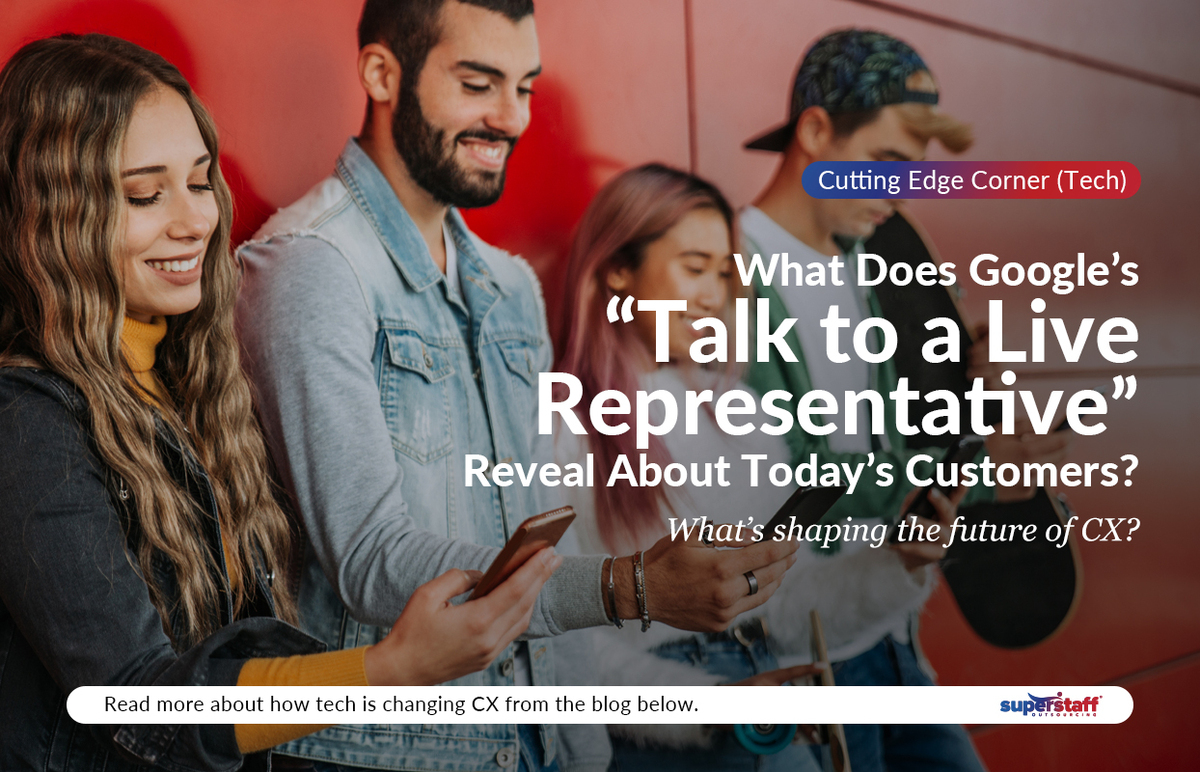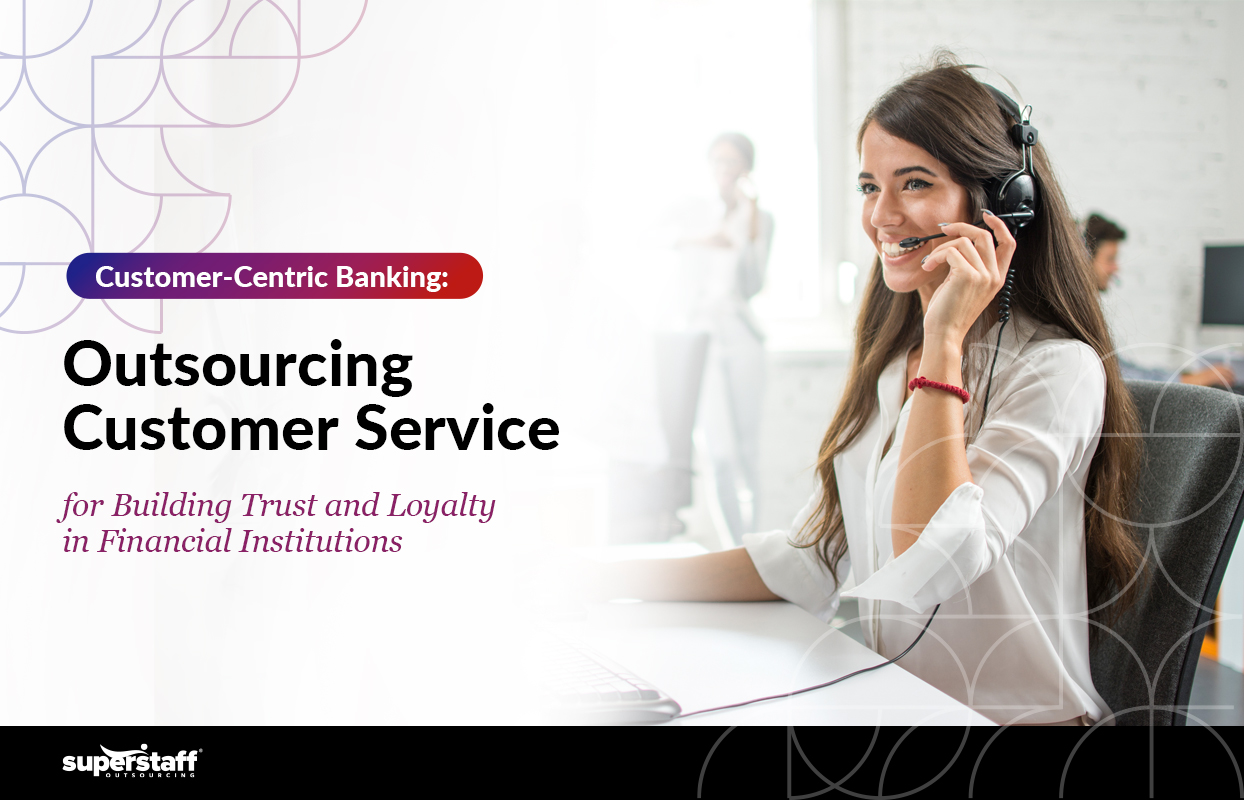
What keeps a customer loyal to a particular brand? Businesses of all sizes and industries have attempted to answer this question for decades.
Even in 2022, there is much we do not fully understand about customer loyalty. After all, it is a complex idea with no one-size-fits-all solution. However, with the wealth of data available at our fingertips, we can eliminate a lot of the guesswork and make informed decisions about the best ways to promote and encourage brand loyalty among our valued consumers.
To understand what you’re getting right about customer loyalty, you also need to be aware of the possible ways you’re getting it wrong. This article will dive into (and debunk!) the common myths business leaders and marketers may have heard about consumer loyalty. Let’s take a closer look!
Top 7 Myths About Customer Loyalty: Are They True or False?
Myth #1: Influencers are now the biggest drivers of customer loyalty.
The widespread use of social media brought about the rise of what’s become known as “influencer marketing.” Influencers can be individuals with social media platforms, whether they are movie stars, reality TV actors, models, athletes, or other public figures. Many brands partner with influencers when creating marketing campaigns because they believe audiences’ loyalty to these celebrities can transform into brand loyalty.
However, as incredible as it may seem to have a star associated with your brand, attaching your name to theirs can also mean generating negative publicity that may impact your brand’s image. And the catch is that influencers aren’t even that persuasive, with only 44% of consumers saying that paid endorsements influence their opinion on a brand!
The Downside of Influencer Marketing
Here’s one famous example of influencer marketing gone wrong:
In 2017, model and social media star Kendall Jenner partnered with Pepsi to create a commercial with a message about unity.
The ad drew a lot of negative attention from the public. Many claimed it portrayed an unrealistic and insensitive scenario where a can of Pepsi (handed by Jenner to a police officer) was enough to end a violent protest. After much backlash, Kendall Jenner disavowed the ad and claimed she had “zero involvement in the creative process.”
For influencers with a large fanbase, having creative input is the entire point. Their personal brand story is what draws in their fans and followers. Brands must think hard about whether an influencer’s story aligns with their brand messaging and voice for a partnership to be successful at fostering customer loyalty.
Myth #2: Gen-Zs are only after the virality of brands.
There are many discussions about Gen-Z audiences and their penchant for taking part in viral challenges or creating short-form videos to go viral. Despite having the fastest-growing buying power of any generation, Gen-Z consumers remain one of the most misunderstood groups regarding customer loyalty.
Unlike previous generations, Gen-Zs don’t respond as enthusiastically to traditional marketing tactics like customer reward programs or high-budget ads. Consumer engagement among this age group seems to happen mainly when a brand creates viral content.
So, is this the only way to foster brand loyalty among Gen-Zs? The answer is: not necessarily.
How to Capture the Gen-Z Market’s Attention
Capturing the Gen-Z market is done not by flooding them with viral marketing campaigns but by creating authentic, trustworthy, and entertaining content. These younger consumers are less concerned with what a brand is selling than how they are selling it. In a recent 2022 Customer Loyalty Study by Clarus Commerce, 28% of Gen-Zs say they value brands committed to creating a positive social impact.
Additionally, the key to Gen-Z customer loyalty is adopting an “advertainment” approach, which means entertainment must come before brand information. They reject traditional advertising, sales talk, or generic corporate messaging. Gen-Zs were raised around revolutionary technology like smartphones, so the content they choose to consume will almost always fall in line with the latest trends.
Myth #3: Consumers love bandwagons, boycotts, and destroying a brand’s products in protest.
Despite what social media may make you think, boycotts, protests, or other negative engagement with brands are relatively uncommon. According to one Customer Loyalty study, 57% of consumers say that media coverage can impact their loyalty to a brand. However, few of them truly take action. The survey found that only:
- 16% of respondents participated in a brand boycott.
- 14% destroyed or thrown away products or merchandise associated with a brand.
- 11% posted something negative about a brand on social media.
- 10% posted a negative review on social media.
- 7% signed a petition related to a brand’s values or actions.
Myth #4: Cancel Culture influences customers to leave their favorite brands.
Spend enough time on the internet, and you’re bound to hear the term “Cancel Culture.” It is a contemporary concept referring to the phenomenon whereby celebrities, public figures, or organizations are “canceled” or ostracized to express disapproval toward the individual or entity’s statements or actions.
For brands, being “canceled” may mean that once-loyal customers will no longer buy products or services. Perhaps, they would even sign petitions urging others to boycott the company or pressure partner organizations to take their business elsewhere.
Does Cancel Culture Easily influence consumers?
The media has discussed “cancel culture” at length, but is this phenomenon powerful as many are being led to believe? Can “cancel culture” impact customer loyalty toward a brand? The answer seems to be: not exactly.
According to Clarus Commerce’s 2022 Customer Loyalty Study, “cancel culture” doesn’t affect brand loyalty as much as we think it does. In fact, 75% of consumers say that brands are “canceled” too quickly, 79% believe that brands can be unfairly targeted for political reasons, and 62% say destroying a product in protest is not a good way to show disapproval.

Myth #5: High customer loyalty program sign-up rates equal loyalty.
One common misconception about customer reward programs is that many businesses think that having high sign-up rates means that all of these clients are loyal to their brand. However, the truth is much more complex than that.
Research has found that 72% of adult consumers in the U.S. belong to at least one customer loyalty program, with two-thirds of them joining rewards programs from businesses they frequently interact with, such as grocery stores or pharmacies. However, this doesn’t mean that these adults are loyal to one brand. In fact, on average, consumers belong to at least nine different loyalty programs.
Businesses must also note how often customers utilize their reward program benefits. Having high sign-up rates but low frequency of usage may mean that potential customers were initially enticed by your freebies and perks but then stopped giving your brand repeat business after certain milestones were achieved.
Read More: “6 Ways Offshore Customer Service Outsourcing Provider Boosts E-commerce Customer Lifetime Value”
Myth #6: Change is not always good.
Most businesses think that customers dislike change. After all, plenty of people on social media have made their voices heard whenever a well-known and established brand like Dunkin’ Donuts, Sears, or Uber changes its logo, slogan, name, or other familiar branding design.
Although it may be true that customers crave familiarity, the truth is that many remain loyal to a brand even after such changes – as long as the business doesn’t lose sight of what drew customers to them in the first place.
To foster customer loyalty, businesses must do extensive research on what customers love about their brand. Is it the quality of products or the cost-effective pricing? Do your services offer something unique that your competitors do not? Remember to take note of what your existing and potential customers think so that you can make the improvements you need without changing the core advantage of your brand.
Myth #7: Call centers are only there to handle complaints.
Many people view call center work as merely a sounding board for customer complaints. However, if you only allow your customers to get in touch with you when they are unsatisfied and angry, it will already be too late.
The truth is that good customer service is an essential part of fostering brand loyalty. According to one survey, 73% of consumers value a brand because of its impeccable customer service.
Call center agents are your brand’s representatives, and, for many customers, they will be the first interaction they ever have with your company. Have a customer service team ready to handle each stage of the consumer journey, from initial discovery and awareness to repeat purchases. Invest in exceptional customer service, and you’ll quickly improve customer loyalty and satisfaction.
Read More: “Debunking 6 Common Myths and Misconceptions About Call Center Jobs in 2021”
Start Leveling Up Your Customer Loyalty Initiatives With Help From a BPO Provider
The key to improving brand loyalty starts with ensuring you have a customer service team ready to answer any questions, concerns, or feedback your valued consumers may have. To provide the best possible experience for your clientele, you can partner with a reliable customer service outsourcing provider like SuperStaff.
SuperStaff is more than just a call center. We help businesses develop engaging customer strategies that expand and raise their quality of customer care through our value-driven outsourcing solutions. Our fully trained and experienced customer service representatives work round-the-clock, keeping your business operational no matter the time or location.
Reach out to us today, and let’s talk about how our outsourcing services can help you foster customer loyalty!





